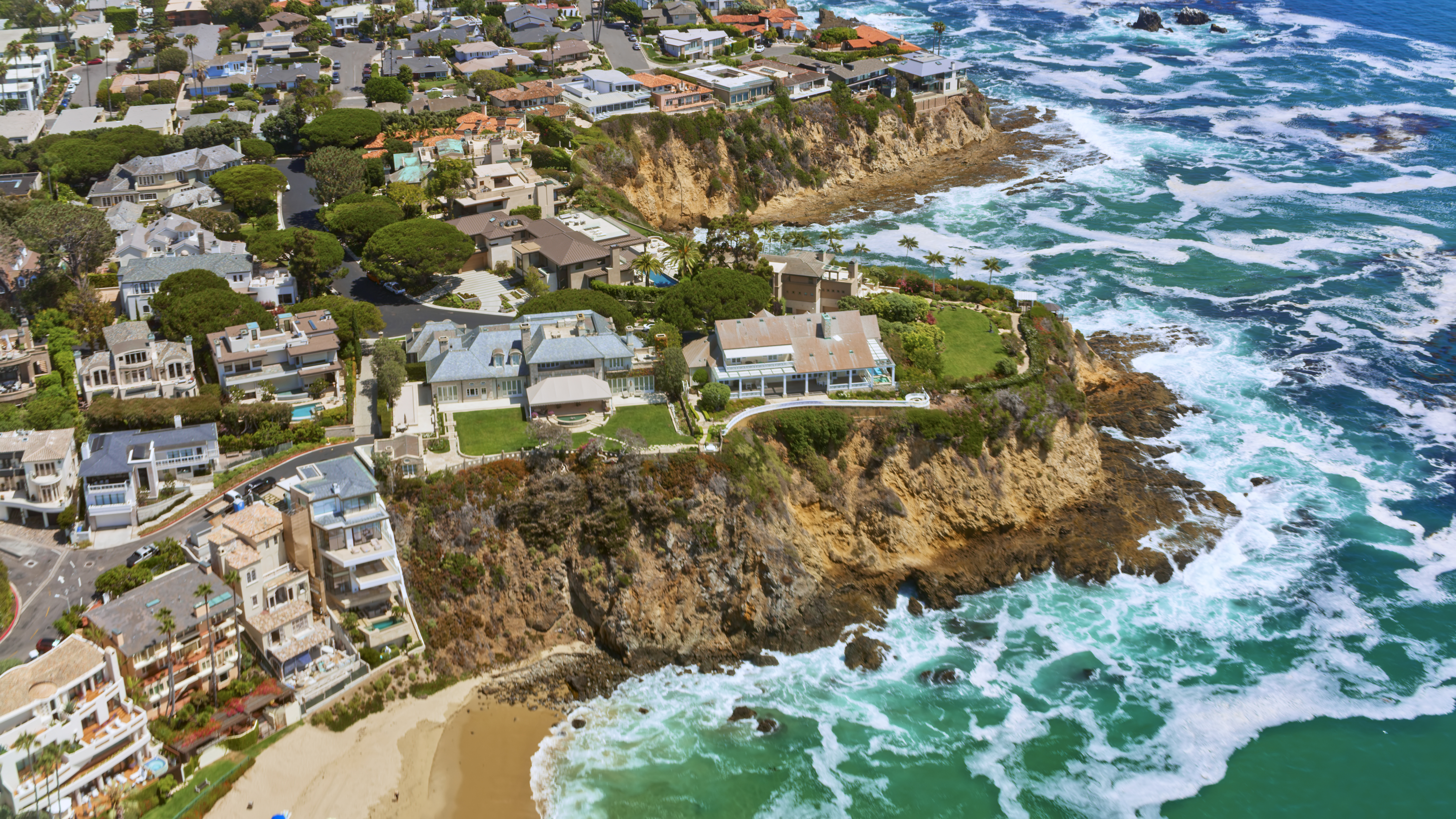
Get matched with top earthquake retrofitting specialists in Derma, MS
Enter your ZIP and get matched with up to 5 pros
Need a pro for your earthquake retrofitting project in Derma, MS?
Find Earthquake retrofitting specialists in Derma
No results for Earthquake retrofitting specialist in
Try adjusting your search criteria.The Derma, MS homeowners’ guide to earthquake retrofitting services
From average costs to expert advice, get all the answers you need to get your job done.
 •
•Discover how much it costs to repair earthquake damage. Learn about average costs, key factors, and ways to save on earthquake repairs for your home.

A seismic shut-off valve stops the flow of gas during an earthquake, protecting your home from fires and explosions. Here’s what your earthquake valve installation cost will look like.
 •
•Earthquake retrofit costs vary based on home size, location, and project scope. Learn what impacts your price and how to budget for a safer, more secure home.

Earthquake gas shut-off valve installation is important for any home in earthquake-prone areas. Explore how they’re installed here.

If you live near a fault line, your home may need an earthquake retrofit. Find out what you need to know about the process, from costs to who you should hire.

If you live in an older home in an area prone to seismic activity, you likely need to hire a seismic retrofitting company to protect your home from earthquakes.
- Window Cleaning in Derma
- House Cleaning in Derma
- Lawn Mower Repair in Derma
- Trampoline Assembly in Derma
- Sink Installation in Derma
- Plumbing in Derma
- Electrical in Derma
- Handyman Service in Derma
- Landscaping in Derma
- Roofing in Derma
- Locksmiths in Derma
- Hvac in Derma
- Lawn Care in Derma
- Air Duct Cleaning in Derma
- Painting in Derma
- Appliance Repair in Derma
- Lawn And Yard Work in Derma
- Interior Painting in Derma
- Ev Charger Installer in Derma
- Drain Cleaning in Derma
- Contractor in Derma
- Gutter Cleaning in Derma
- Pressure Washing in Derma
- Boiler Repair in Derma
- Flooring in Derma
- Exterior Painting in Derma
- 🌱 "Mow a small front yard"
- 🛠 "Fix a leaking pipe under the sink"
- 🏠 "Repair shingles on an asphalt roof"